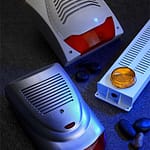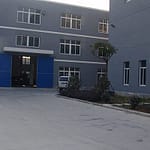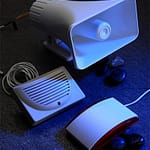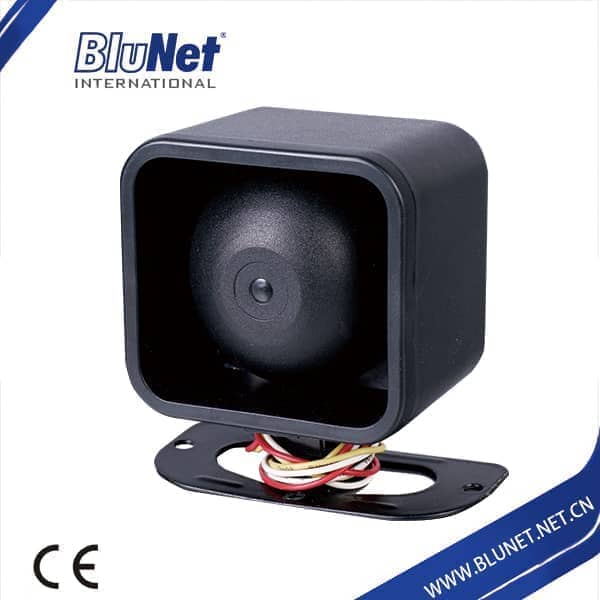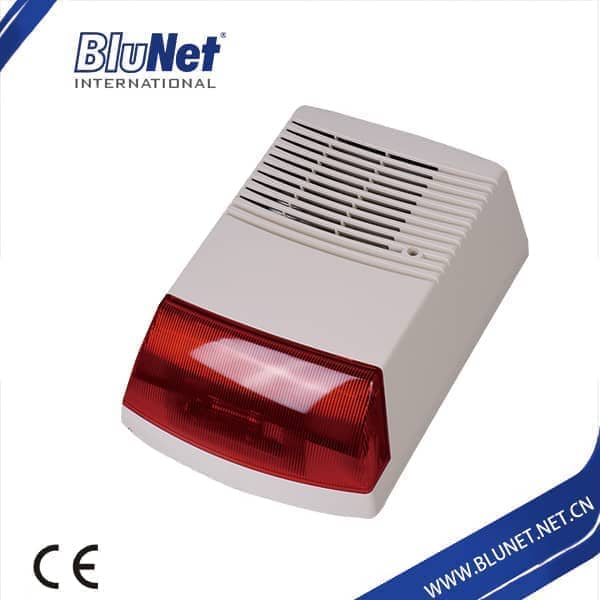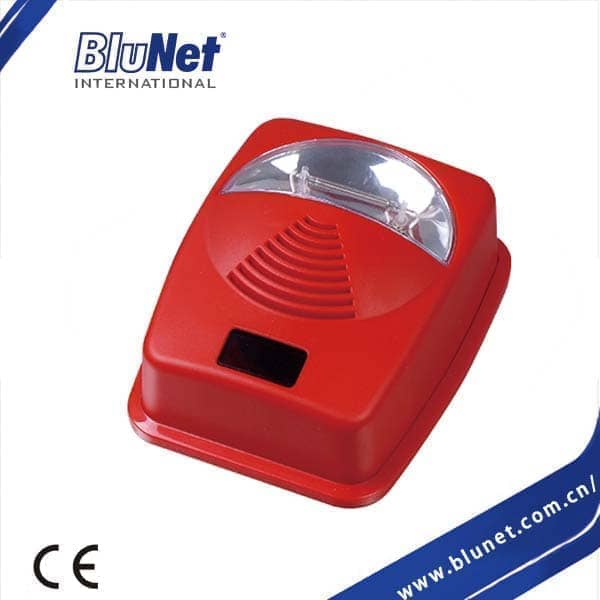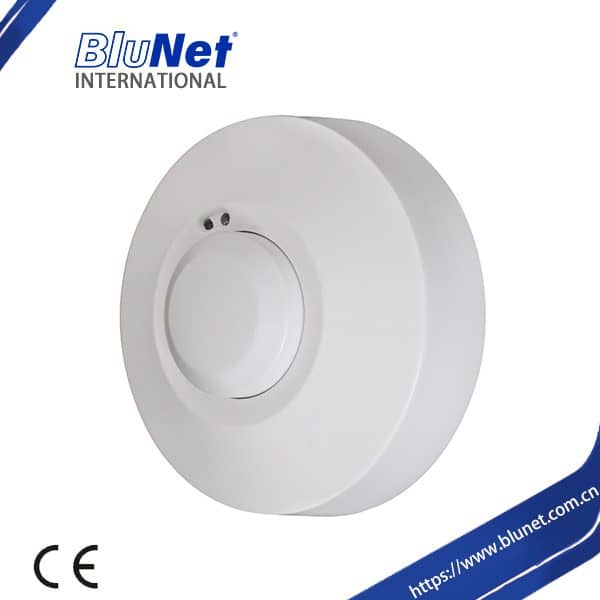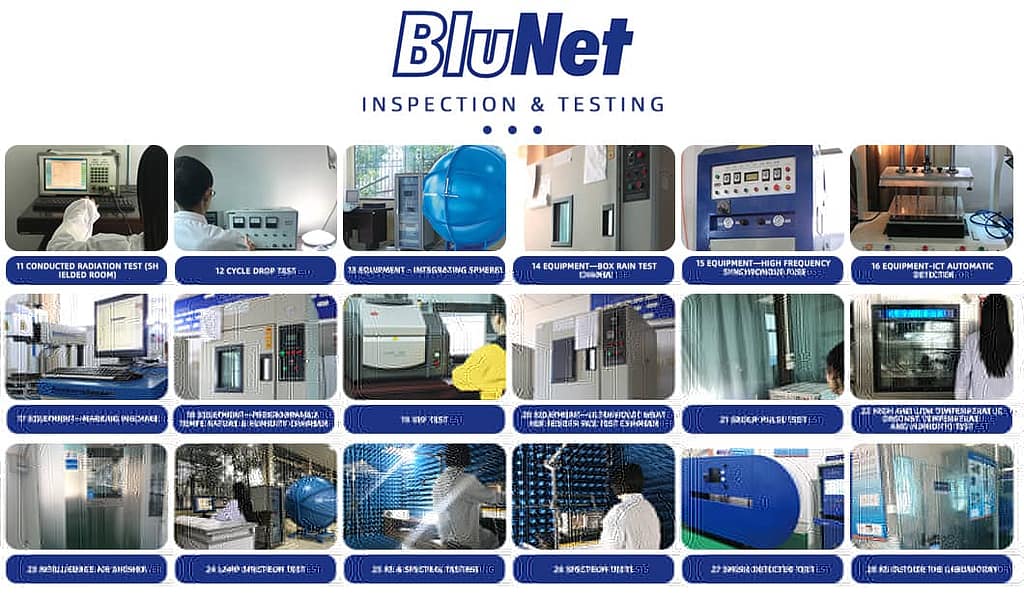Microwave Sensor -360° CEILING MOUNT Detection
According to the microwave Doppler effect, the microwave sensor can be widely used as an automatic control switch, a security system, an automatic video control system of ATMs, and other automatic induction control areas.
DSW offers high-quality microwave sensors and motion sensor solutions at competitive prices for security electronics, burglar alarms, and lighting markets.
Features
360° viewing angle for comprehensive coverage
Optimized presence detection, ideal for open-plan offices
High sensitivity to detect even subtle movements
Uninterrupted coverage up to a range of 200 units
Effective detection capability through doors, glass, or thin walls
Dusk to Dawn Lux adjustment with a range of 2-2000 Lux
Specifications
| Parameter | Value |
|---|---|
| Power Source | 220-240VAC 50/60Hz |
| Transmission Power | <0.2mW |
| Rated Load | 1200W (any load) |
| Installation Site | Indoors, Ceiling Mounting |
| Detection Angle | 360° |
| Detection Range (22℃) | 1-8m (adjustable) |
| Time Setting | 8sec to 12min (adjustable) |
| Light Control | 2-2000LUX (adjustable) |
| Working Temperature | -15°C to +70°C |
| HF System | 5.8GHz CW Electric Wave, ISM Band |
| Operating Voltage | 9Vdc to 16Vdc |
| Maximum Current Consumption | 18mA |
| Installation Height | 2m to 4m (7ft to 14ft) |
| Walk Speed Range | 0.2m/s to 3.5m/s (0.6ft/s to 11.5ft/s) |
Advantages
The detection method offers distinct advantages compared to other methods, including:
- Non-contact microwave detection for enhanced reliability and accuracy.
- Well-suited for challenging environments, with immunity to factors such as temperature, humidity, noise, air, dust, and light.
- Robust RF interference resistance, ensuring reliable operation.
- Low transmission power of only 0.2 mW, ensuring safety for human beings. Additionally, it features simple installation and easy wiring.
Our system incorporates a specialized micro-processing integrator, delivering exceptional sensitivity and a wide detection range. It ensures highly reliable performance, minimizing error rates. Moreover, it can maintain stable operation within a temperature range of -15 to +70 degrees Celsius.
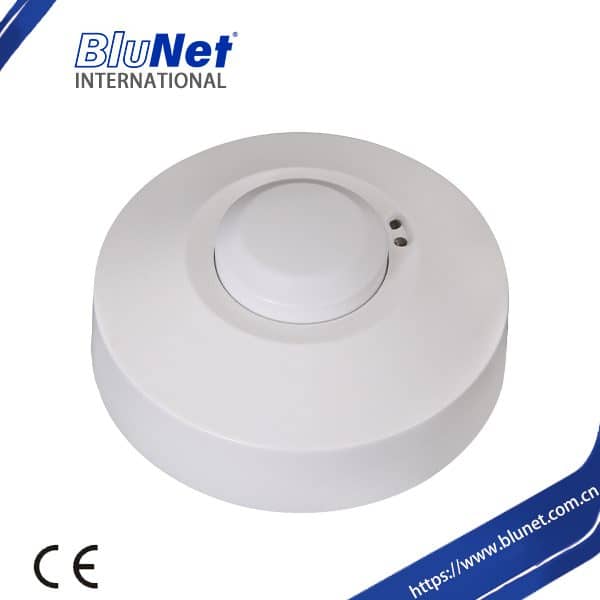
How do microwave sensors work?
Microwave sensors utilize an MCU (Microcontroller Unit) to accurately calculate switch information and control the relay, turning it on at the zero crossing point of the sine wave to activate each load.
It is important to note that the conventional control mode is not the most effective way to handle the current surges generated when the sinewave high voltage is turned on.
This is especially true when dealing with large-capacity capacitors influenced by high voltage, which can damage the relay.
Various electrical loads, such as LED lamps, energy-saving lamps, and fluorescent lamps, all equipped with capacitors of different capacitances, further complicate the situation.
This poses a significant challenge for relays, as even a 50W LED lamp can generate surge currents ranging from 80A to 120A.
Ordinary relays with a capacity of 10A can only withstand three times the inrush current, which means they are likely to break within a few days or after a few occurrences.
Consequently, the conventional sensors available in the market have a short lifespan and are limited in handling small load currents.
What is a microwave sensor?
Microwave motion sensors are electromagnetic radiation motion-detecting devices that may be used to operate luminaires.
Microwaves work differently from PIR sensors, sending out microwave waves radiating off different surfaces and returning to a detector sensor.
The sensor can analyze this data to identify any movement within its range in less than 1/5 of a second.
Better versions of these operate in the 5.8ghz band, giving them better range and low interference,
Established in 1998, DSW Industry has designed & manufactured Microwave sensors, Electric sirens, Siren alarms, Fire alarms, and Smoke detectors with cost-effective Burglar alarms and home Security Systems.


